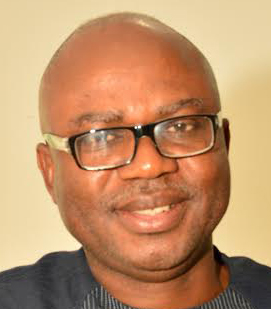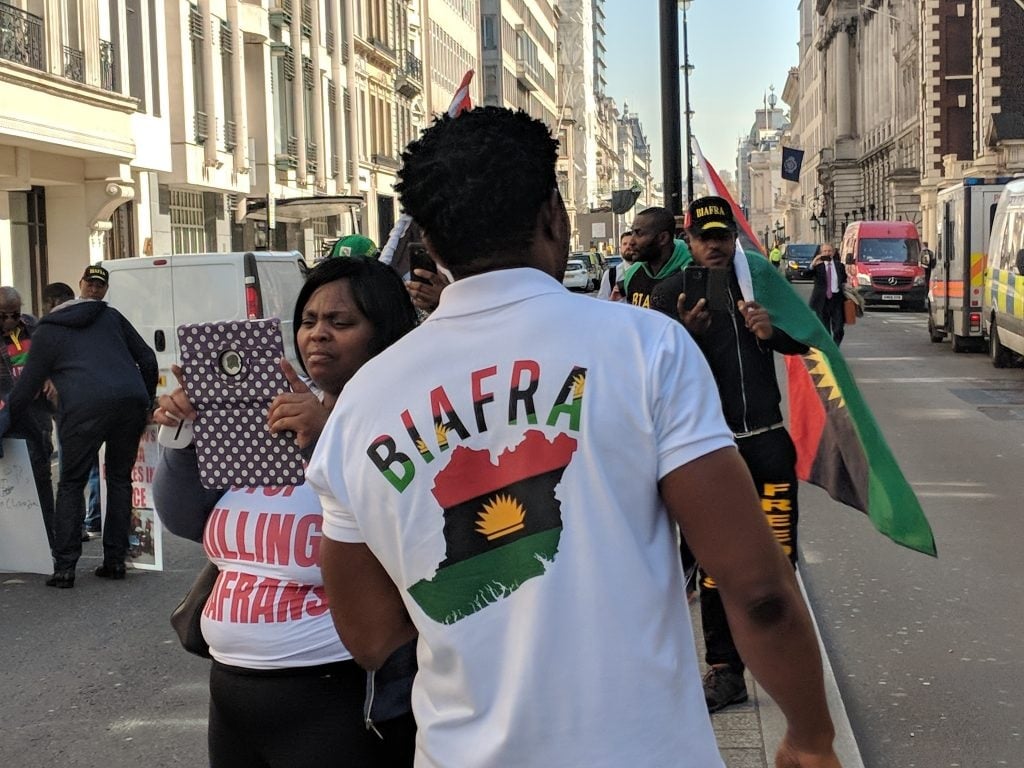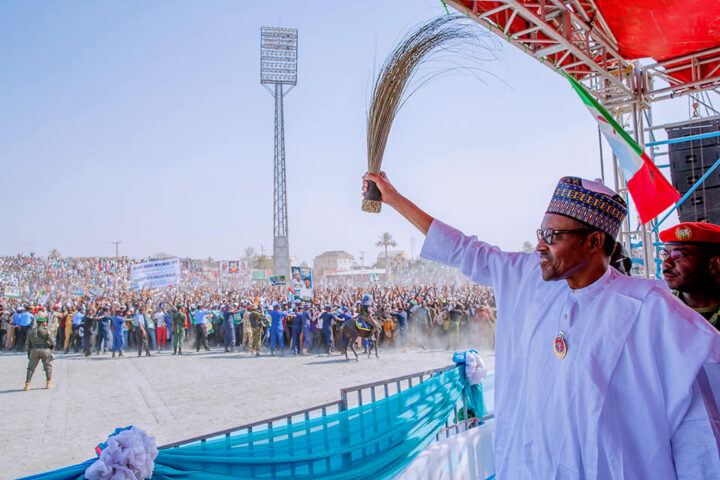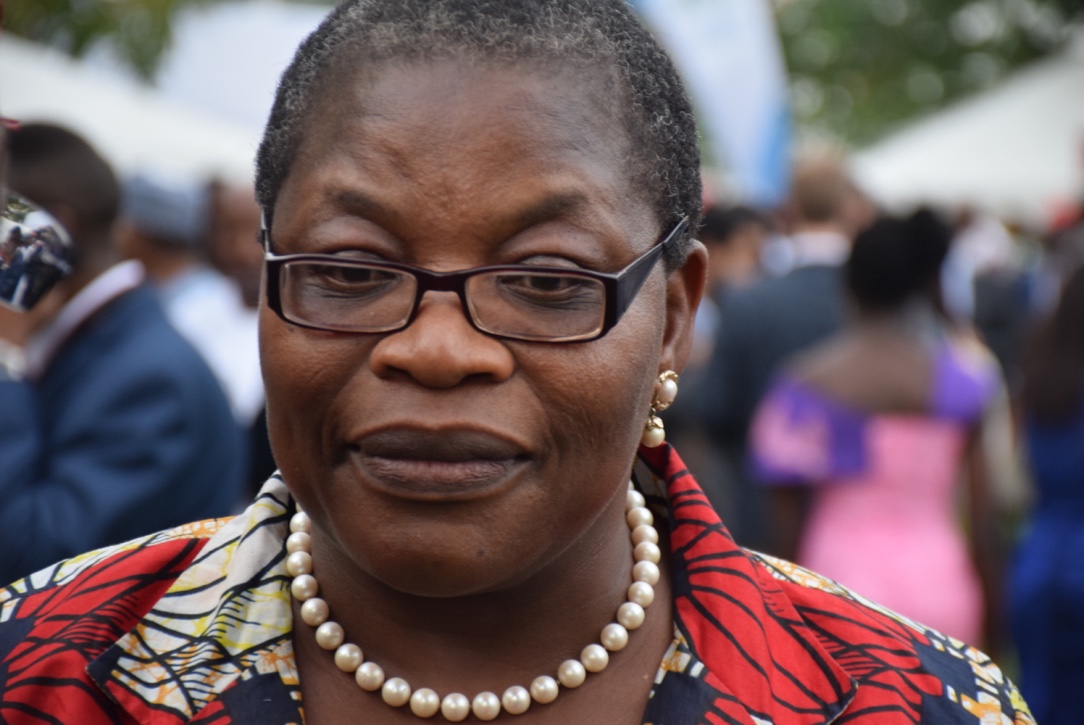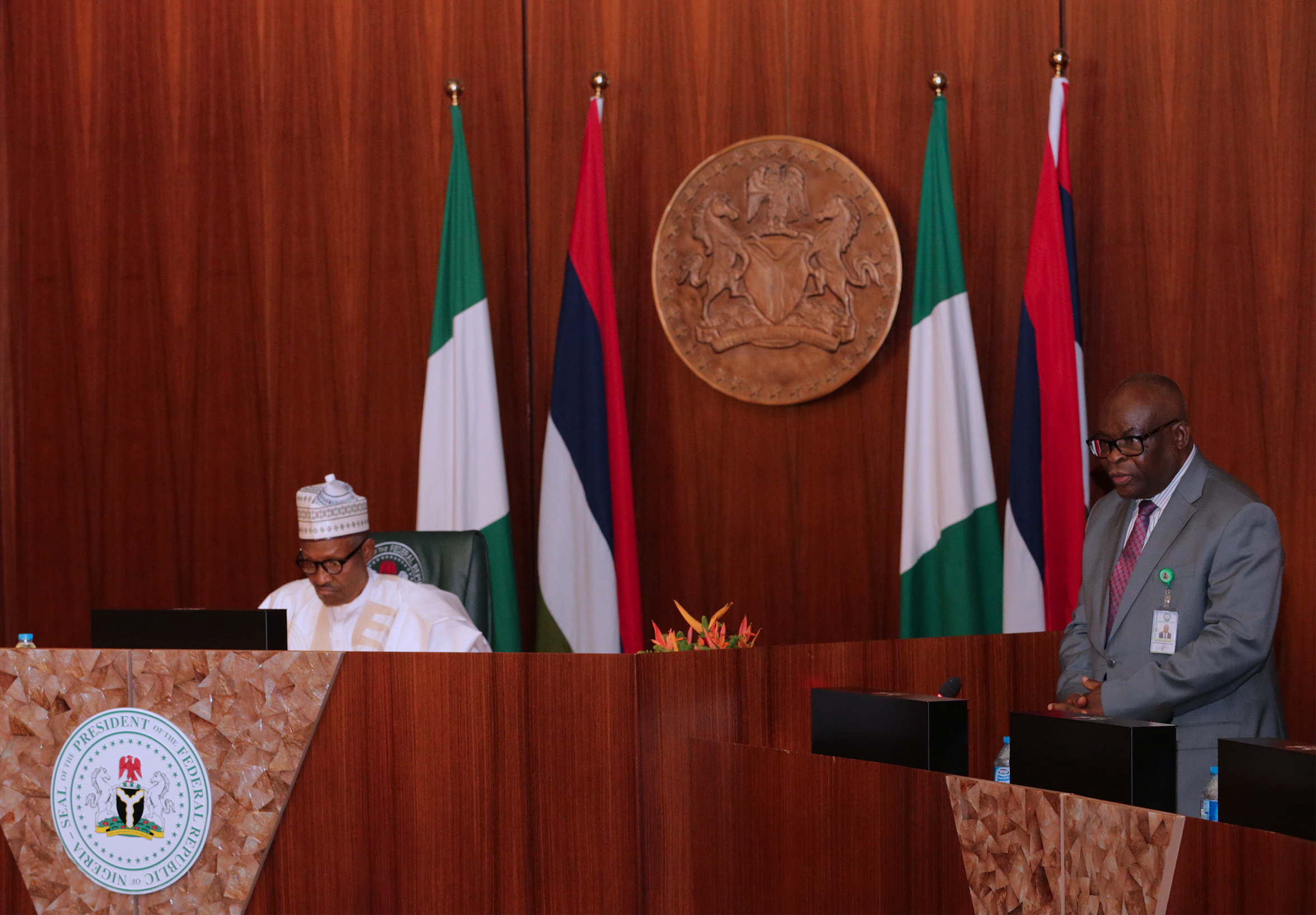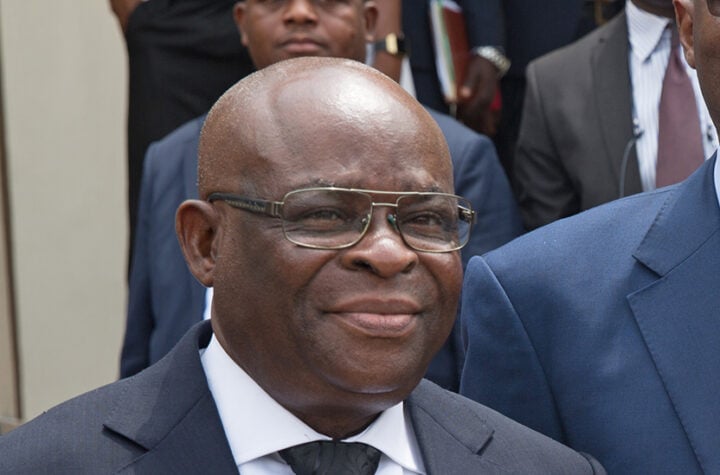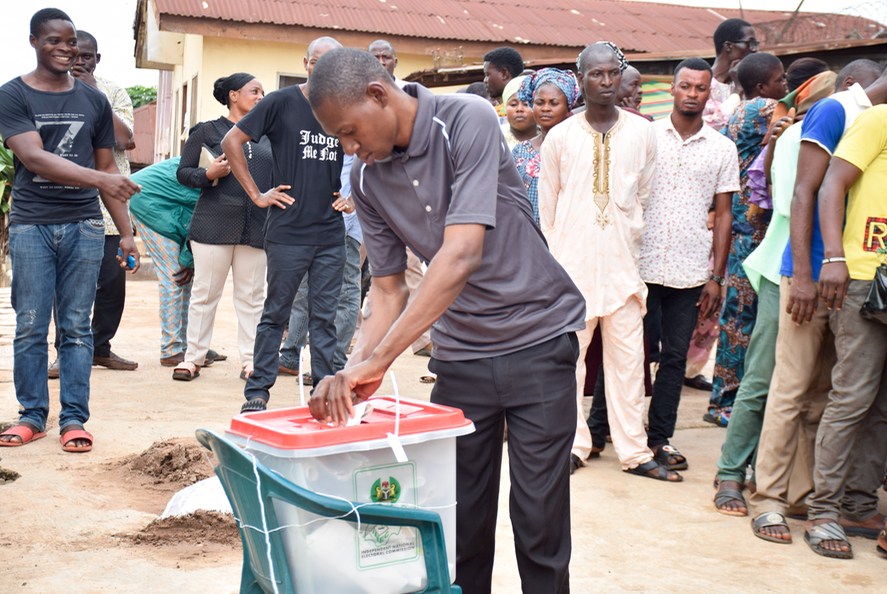A white man I met at Apo Mechanic Village in Abuja, recently, stood stupefied as near-illiterate young men dismembered his car to work on it. In no time, they replaced a few parts and re-fixed the car.
“You mean you don’t use a manual?” he asked.
“No,” one excited auto electrician who was working with an auto mechanic replied. “The manual dey for my head.”
I watched as the European shook his head. He must have murmured to himself, “These people have got talent! These blacks don’t know what they’ve got.”
Advertisement
Ndigbo’s ingenuity is no longer debatable. What is perhaps debatable is the quality of their political and business leaders over the years.
A technology hub in Nigeria and Africa, if it must exist, should of necessity be sited in the south-eastern part of this country. I say so because almost all the mechanic and computer “villages” in Lagos, Abuja, Kano and other towns and cities are populated by mainly Igbo people who amaze their clients with technological wizardry.
Why, I sometimes wonder, have southo-east business people and governments failed to build hubs to harvest the wasting talent of their people? As a young business reporter in the early 1990s, I used to visit Nnewi and Onitsha to interview businessmen and see things for myself. A few times in those days, I published articles describing Nnewi as Nigeria’s Silicon Valley because of the several plants I visited where motor parts, electrical cables, and paints were manufactured. Even the hotels I stayed in looked better than many found in Lagos, though they were cheaper.
Advertisement
It was in those days that traders at Alaba International Market were preparing to replicate Alaba in the eastern heartland. They said they were doing so because the Lagos State government was fond of exploiting them, without considering that Alaba was a wilderness before they got there and developed it. The expectation then was that an airport proposed to be built at Oba (near Onitsha) would be completed and River Niger dredged to take ships within a few years.
A quarter-century later, neither has happened. Nor have Alaba traders built their market in Igboland. What’s the problem?
I’m not even eager to see new markets and more traders. I want to see entrepreneurs with workable ideas – young people with skills needed for manufacturing many of the items currently imported from China, India, the Koreas, Malaysia and other countries that were less developed than Nigeria in the 1960s. Although mimicries of technology hubs exist in towns like Nnewi and Aba, they have been unable to fly. An exception must be a company like Innoson Motors. But, given the right environment, many entrepreneurs in Enugu, Umuahia, Abakaliki, Calabar, Owerri, Port Harcourt, Nsukka, Asaba and Uyo would be making vehicles as well.
It’s easy to attribute this anomaly to Nigeria’s flawed education system, policy somersaults and the perceived marginalization of areas in the former Biafran enclave – the civil war of the late 1960s has not really ended in a “no victor, no vanquished” as mouthed by several of Nigeria’s former leaders. The Yakubu Gowon military government launched the policy of 3Rs – Reconciliation, Reconstruction and Rehabilitation – but the 3Rs were never implemented in the southeast where they were needed.
Advertisement
The war ended 49 years ago. Is it not time the Igbo rediscovered themselves? Ndigbo say that he who is rejected doesn’t reject himself.
Perhaps what the southeast and other parts of the country lack is good leadership. Since the return of democracy, 20 years ago, any governor with vision ought to have built a hub for entrepreneurs in his state. Just as the state of California has done in the United States: California owes its stupendous wealth to Silicon Valley, the birthplace of most modern inventions – Apple, Microsoft, Facebook, Google and thousands of other multi-billion-dollar companies all dwell in Silicon Valley.
State governments ought to have since made conscious efforts to accommodate traders and craftsmen, most of whom currently work in every corner of the world, in their own homelands. Every now and then, rioters descend on south-easterners not because of any religious or tribal sentiments but simply out of jealousy. When I complained to one director from the north about “religious riots”, sometime in 1988, he interrupted me with “Which religion?” From him I learned that what the media used to call “religious” riot was indeed “economic” riot! Some indigenous people couldn’t understand why settlers would prosper in their midst while they, the original inhabitants, couldn’t get by.
Accordingly, I propose that the unexploited talents of the people of southeast Nigeria be merged with our education system to trigger a technology revolution that would bring both prestige and economic benefits to the states and the country. It would be more profitable than crude oil.
Advertisement
It’s time for every southeast governor to map out areas to develop with necessary infrastructure – good roads, electricity, clean water, hospitals, security outfits and others – so that the creative energies of the youth could be fully exploited. Our experiments with polytechnics, monotechnics and innovative enterprise institutions have failed; let’s try something fresh.
It remains a mystery that, almost 50 years after Biafra, the southeast remains bereft of technology hubs. Emeka Ojukwu once recounted: “In the three years of the war, necessity gave birth to invention. During those three years of heroic bound, we leapt across the great chasm that separates knowledge from know-how. We built rockets, and we designed and built our own delivery systems. We guided our rockets. We guided them far, we guided them accurately.
Advertisement
“For three years, blockaded without hope of import, we maintained all our vehicles. The state extracted and refined petrol; individuals refined petrol in their back gardens. We built and maintained our airports, maintained them under heavy bombardment.
“Despite the heavy bombardment, we recovered so quickly after each raid that we were able to maintain the record for the busiest airport in the continent of Africa.
Advertisement
“We spoke to the world through telecommunication system engineered by local ingenuity; the world heard us and spoke back to us!
“We built armoured tanks and cars. We modified aircraft from trainer to fighters, from passenger aircraft to bombers. In the three years of freedom, we had broken the technological barrier.
Advertisement
“In three years we became the most civilised, the most technologically advanced black people on earth.”
What really has happened then? A poster on WhatsApp comments: “Out of jealousy and malice, the Biafran research documents were destroyed, and a nation destined for technological progress chose to stake its life on foreigners and imported technology and got set on irreversible decline.”
Another commentator identified as Sunday Folayan wrote on Facebook: “Perhaps Nigeria has not worked because we have failed to recognize the labours of our true heroes past: The sheer technological ingenuity, manufacturing sagacity and resilience of a nation within a nation that thrived on research and development par excellence. A people with swag too strong to break.
‘“Igbo-made’ was the slogan when I was in secondary school and the Malaysians were taking our palm seeds. ‘Made in China’ was the slogan when I became a freshman and we started to import palm oil. We thought we could build telecommunication switches. Now that my generation and our unexplored ingenuity is almost wasted owing to crass ineptitude, our children will probably continue to import petroleum and telecommunication switches from China – what the blessed team of Ojukwu engineers worked, not dreamed, should be exported out of Umuahia. Now we are left with reminiscences.”
Ajaokuta Steel Complex has failed to take off after 45 years. Yet, when the proposal for that edifice was written in 1973, the consultants recommended that if Nigeria desired a steel company it should site it in Onitsha. Nigeria chose Ajaokuta because of “the Igbo problem”.
Like many members of my generation – the generation born before the civil war – I desire to see Africa’s Silicon Valley in my lifetime. There is no better place to site such hub than southeast Nigeria, a place brimming with talent, the birthplace of many intellectuals. I have mentored many young people bursting with suppressed talent. These skilled individuals want to get somewhere but don’t know how to actualize their dreams. Those with the needed funds and political power should kindly provide a platform for these frustrated but talented individuals to express themselves.
Nwamu, book editor and writer, is also the CEO of Eyeway.ng.
+234-8054100220 (SMS/WhatsApp only)
Views expressed by contributors are strictly personal and not of TheCable.
Add a comment
